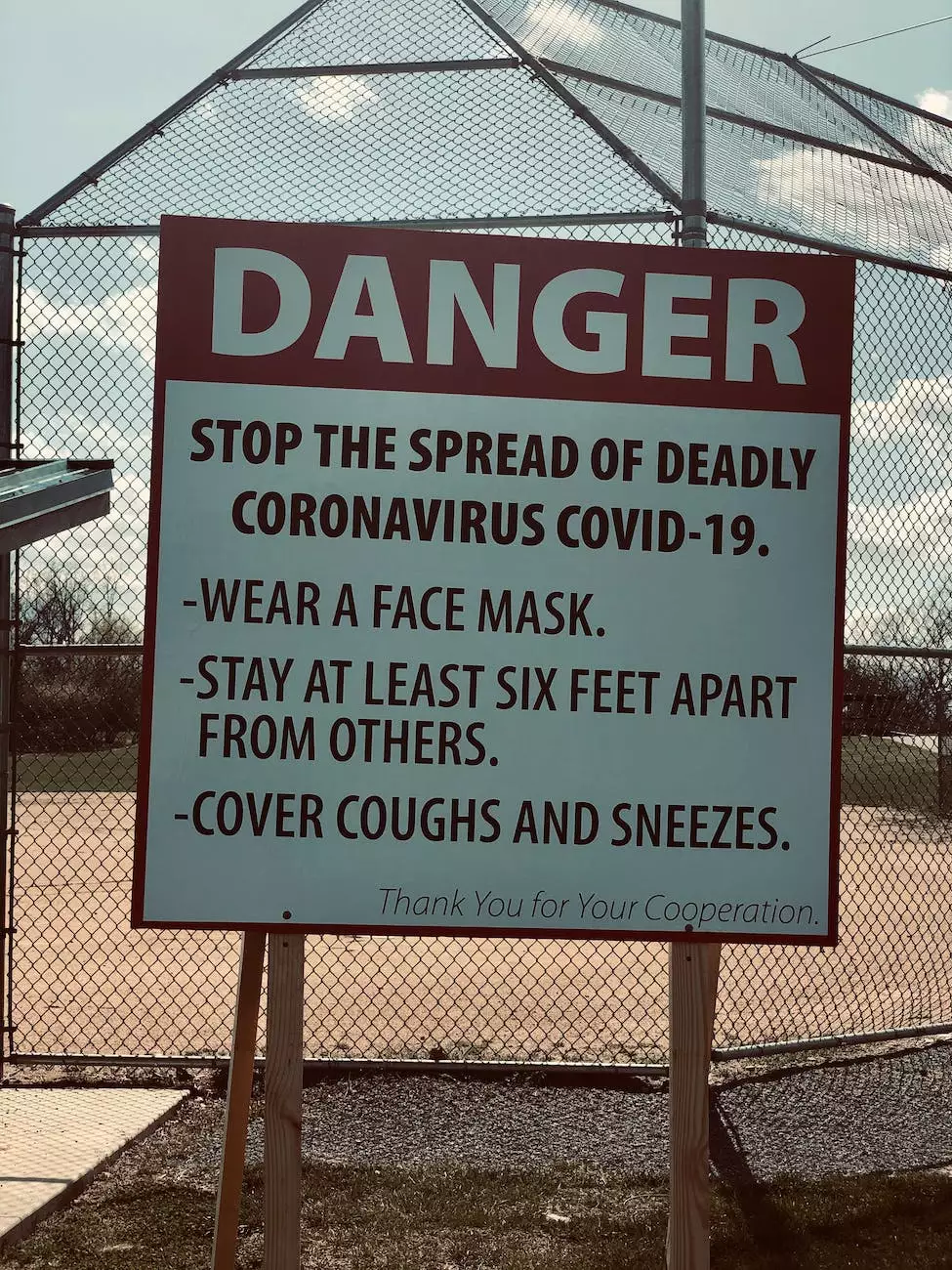Dry Towns and Regulations in New Jersey

Introduction
Welcome to The Skiendziul Law Firm, your trusted source for comprehensive legal information. In this article, we will delve into the fascinating world of dry towns and regulations in New Jersey. We will explore the legal implications, restrictions, and the intriguing history behind these unique communities.
Understanding Dry Towns
Dry towns are municipalities where the sale of alcoholic beverages is either prohibited or strictly regulated. These towns have implemented local laws to maintain control over alcohol consumption within their boundaries. The regulations vary from town to town, but the overarching goal is to foster a specific community atmosphere and promote public safety.
History of Dry Towns
The concept of dry towns in New Jersey traces back to the temperance movement that gained momentum in the late 19th and early 20th centuries. The movement aimed to reduce alcohol consumption and its negative societal effects. As a result, numerous towns across New Jersey adopted regulations prohibiting the sale, possession, or consumption of alcoholic beverages within their borders.
Key Legal Implications
The legal implications of dry towns in New Jersey are significant. It's crucial for residents and visitors to familiarize themselves with the specific regulations in place, as violation of these laws can result in legal consequences. The Skiendziul Law Firm specializes in providing comprehensive legal guidance on matters related to dry towns and can offer assistance in navigating the complex legal landscape.
Types of Regulations
Dry towns in New Jersey can implement various levels of regulations to control alcohol consumption. Some common types of regulations include:
- Complete Prohibition: In these towns, the sale, possession, and consumption of alcoholic beverages are entirely prohibited. This includes both commercial establishments and private residences.
- Partial Prohibition: Some towns may allow the sale and consumption of alcoholic beverages in certain establishments, such as restaurants or hotels, while maintaining restrictions on other types of businesses or private residences.
- BYOB Regulations: Certain towns adopt "Bring Your Own Bottle" (BYOB) policies, allowing individuals to bring their own alcoholic beverages to licensed establishments that do not serve alcohol. However, specific regulations and restrictions still apply.
Benefits and Challenges
While dry towns aim to regulate alcohol consumption for various reasons, they present both benefits and challenges. Some potential benefits of dry towns include:
- Promoting Community Values: Dry towns often aim to create a family-friendly atmosphere by minimizing the presence of alcohol-related establishments.
- Reducing Alcohol-related Issues: By implementing strict regulations, these communities strive to mitigate alcohol-related problems like drunk driving and public intoxication.
- Fostering Economic Development: Dry towns have the opportunity to attract businesses and residents who prefer living in an alcohol-free environment.
However, dry towns also face challenges, such as:
- Limited Revenue: The prohibition or strict regulation of alcohol sales can result in reduced tax revenue for the town.
- Tourism Impact: Visitors may be deterred from visiting dry towns due to the restrictions on alcohol consumption.
- Enforcement Issues: Enforcing the regulations and preventing illegal alcohol sales can pose logistical challenges for law enforcement agencies.
The Skiendziul Law Firm: Your Dry Towns Legal Partner
At The Skiendziul Law Firm, our team of experienced attorneys understands the intricacies of dry towns regulations in New Jersey. We provide a wide range of legal services to individuals, businesses, and municipalities located in dry towns.
Whether you need assistance with understanding local regulations, licensing issues, or representation in legal matters related to dry towns, we are here to help. Our expertise in this field allows us to provide customized legal solutions tailored to your specific needs.
Contact Us Today
If you require legal advice or have any questions related to dry towns and their regulations in New Jersey, contact The Skiendziul Law Firm today. Our dedicated team is ready to assist you in navigating the legal complexities associated with dry towns, ensuring that you are well-informed and protected.
Remember, understanding the distinctive regulations of dry towns in New Jersey is essential for residents, visitors, and businesses alike. Trust The Skiendziul Law Firm to provide you with the legal guidance and support you need.










